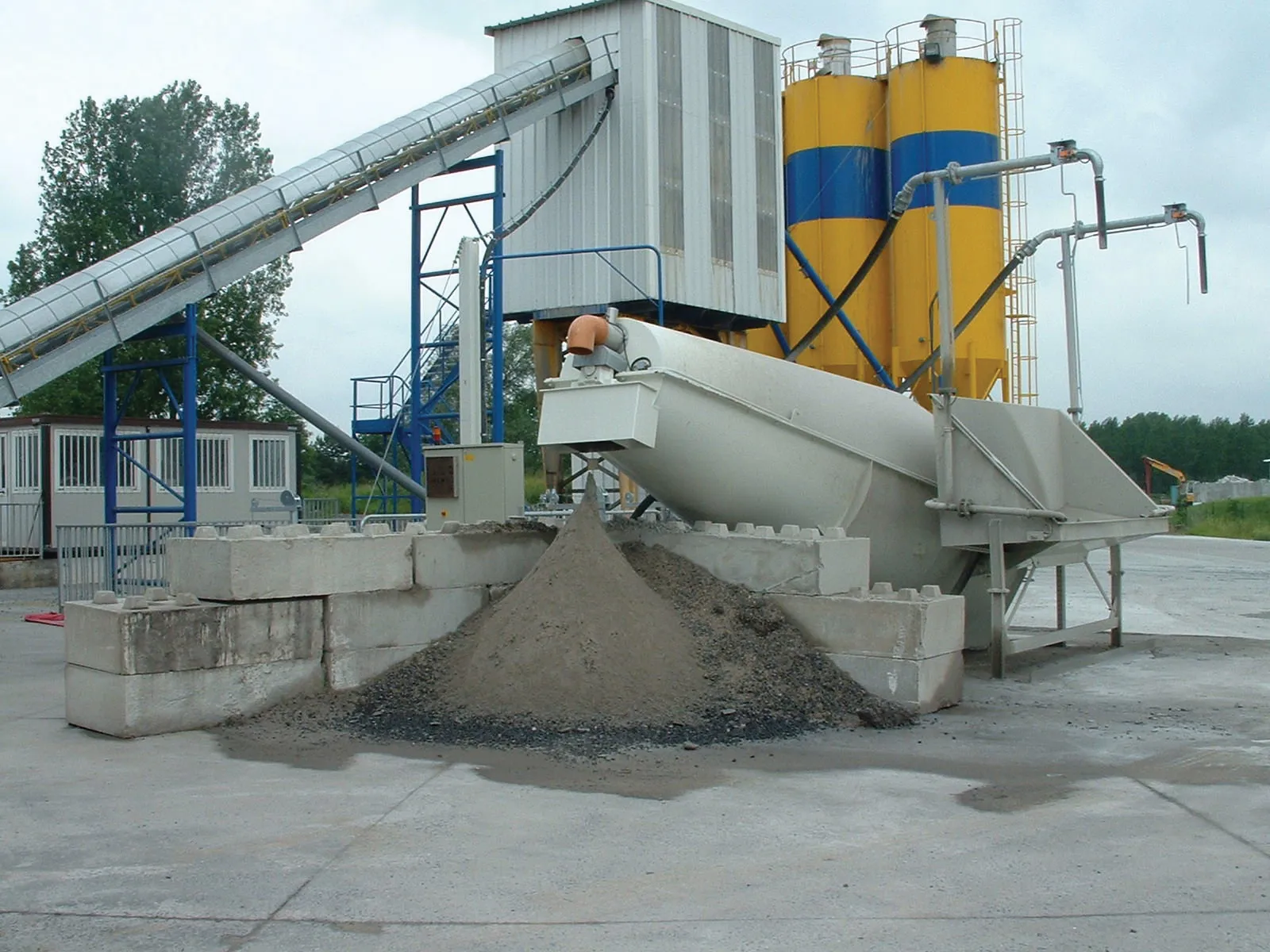Liebherr claims its three-size LRT 622 trough system recycling plants provide cost-effective and efficient separation and recycling of pre-hardened concrete components from batching plants and truck mixers.
March 15, 2012
Read time: 1 min

Process water from each recycling plant, collected in a sump tank and suspended by an agitator, is returned to the production plant. Sand and gravel is then washed clean ready for re-use as production aggregates.
The trough pattern on the LRT 622 holds a high amount of wash water so that larger quantities of material for recycling can be added at shorter intervals.
A sizeable loading hopper can be filled from virtually any angle and can contain up to two truck mixers at any one time.
The LRT 622 Concrete Recycling Plant has a trough length of 6000mm; a trough diameter of 2200mm; a solids discharge height of 2000mm; a drive motor rating of 11kW; and a throughput capacity of up to 20m³ per hour.








